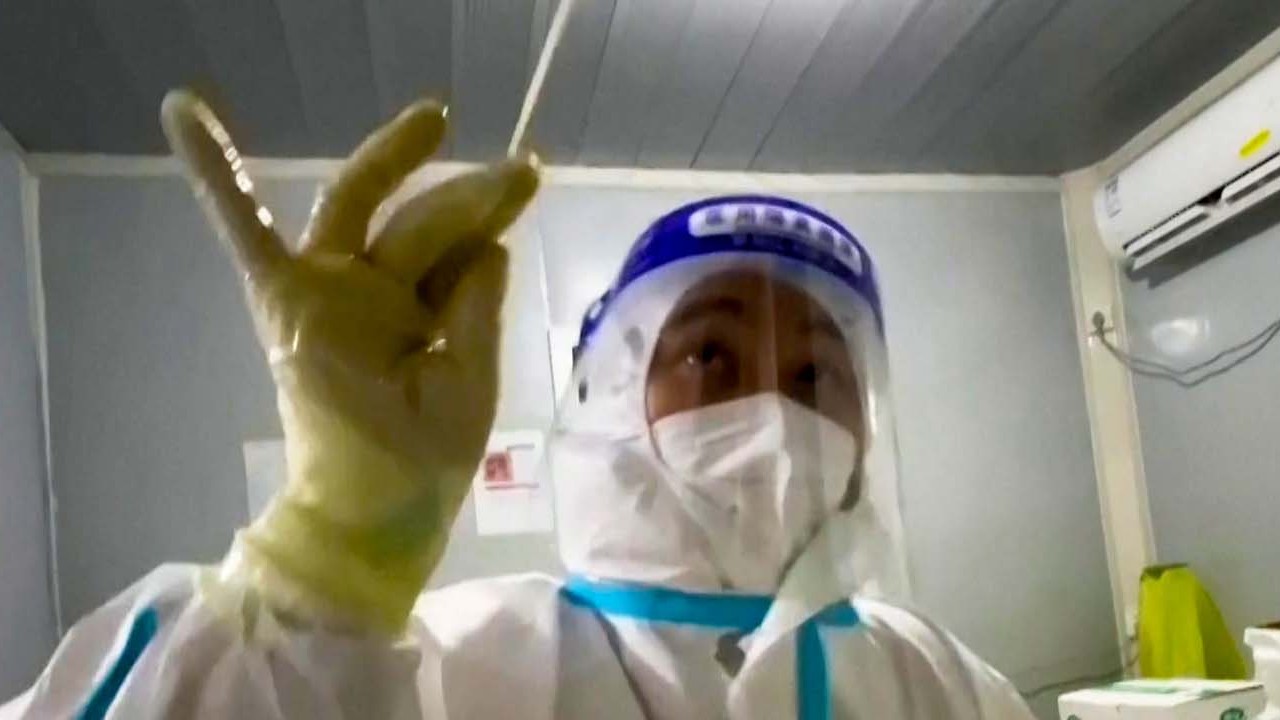
Six steps China can take to move beyond ‘zero-Covid’ policy and reopen
- With public dissatisfaction over the government’s handling of the pandemic spilling over into protests, China needs transparency, clear communication and an effective plan that includes focusing on vaccination
First, there needs to be a truthful acknowledgement of the present situation. In the second half of 2020, President Xi Jinping and his team managed to control the spread of Covid-19.
The plan and subsequent steps, along with the cost-benefit analysis, should be presented clearly to the people.
To exit its zero-Covid strategy, China needs to build trust in vaccines
About 30 per cent of Chinese citizens above the age of 60 have not yet received their third dose of vaccination. In addition to producing its own vaccines, China should consider buying vaccines in overseas markets to complement its own supplies.
Younger, relatively healthier people who get infected can recover and quarantine at home with proper guidance, support and medical aid. This will reduce the burden on hospitals and healthcare facilities.
These measures will take at least three to six months to implement in phases before herd immunity rises and the waves of infections subside. Consistent, capable efforts are essential to overcome this challenge in a large country such as China.
Finally, China’s leaders need the understanding and support of citizens and leaders at all levels as they work to implement well-calibrated yet flexible measures.
It’s time for China to change its Covid-19 narrative
The successful implementation of this exit plan and the opening up of China will take at least half a year. Xi needs to win the hearts and minds of the people to successfully overcome this significant internal challenge to save lives and revive the economy while maintaining control and progressing towards a better future.
Edmund Lim is an executive director at a global cybersecurity education company. He has also served as a district councillor in Singapore

.jpeg?itok=MrY9ij32&v=1694745264)
